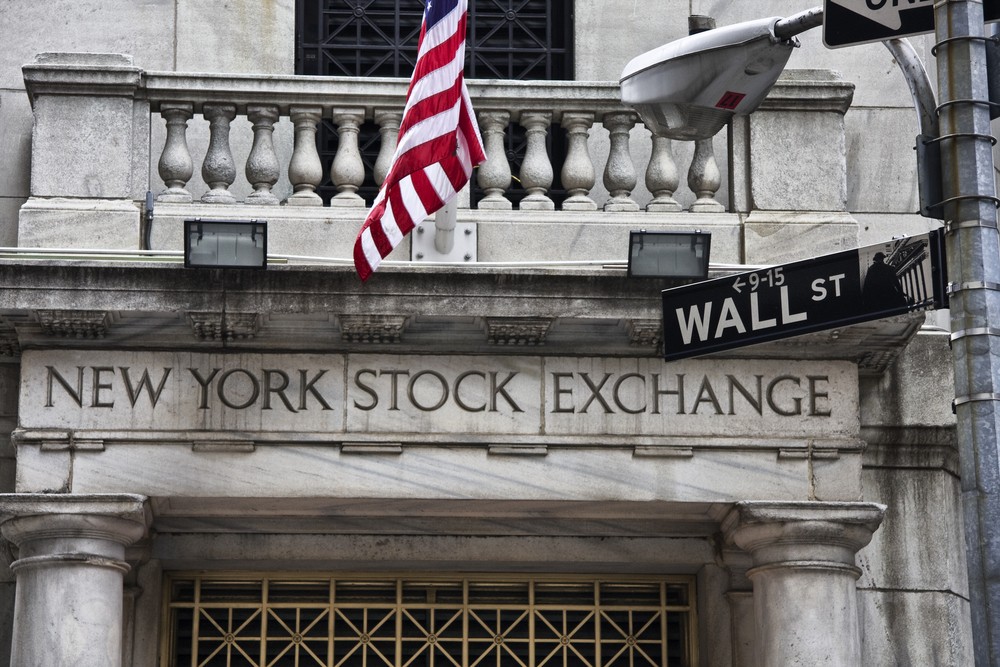Pick The Winners At The Mutual Fund Track!
Post on: 27 Июнь, 2015 No Comment

If you’ve ever lost money betting at the horse track, you can probably sympathize with anyone throwing their hands up in despair because their mutual funds’ performances didn’t place. Indeed, unless you do your homework, some might say that picking a winning mutual fund is such a hopeless endeavor that you might as well throw your money away at the track!
Odds of Winning: One in Five?
Let’s say you invested in this fund when you read about its great performance back in Dec 1999, when the cost per unit was $8. By the end of Dec 2000, you would have, however, lost approximately 69% of your investment, as the fund’s units (shares) would be worth around $2.50 a unit! The 34% is only an average: within the five-year period between Dec 1997 and Dec 2002, the Matthews Korea fund saw many ups and downs. Even a great manager is unable able to have strong performance when his or her industry, region or asset class is doing poorly. You must invest for the long term based on a fund’s fundamental investment qualities.
Reason No.2: Top Performers Don’t Always Stay on Top
Another strategy is to pick the mutual funds with the best current performance. It makes logical sense that the best funds are doing something right, so picking them would give you a better chance to enjoy these gains in the future. Unfortunately, the evidence is to the contrary. A study done by Burton Malkiel in his book A Random Walk Down Wall Street compares the performance of the 20 best funds in the 1970s to their performance in the 1980s. All but the Magellan Fund, which was run by Peter Lynch, could not keep up their above-average results. In fact, the top 20 funds not only underperformed the market as time went on, but they also underperformed the average mutual fund. (We should note that Malkiel wasn’t just data mining; the study has shown the same results over many time periods).
Why do the winners turn into tomorrow’s losers? Some say that fund managers can’t deal with the new influx of cash as a fund grows and runs out of ideas. Academics call it mean reversion, which is the tendency of something to return to its long-term average. Others say that the stellar performance of a fund is based upon pure luck. In a study by Forbes Magazine in the latter part of the 1960s, a selection of 28 stocks was chosen by throwing darts at a paper containing stock names. A sum of $1,000 was invested in each stock, and in the mid 80s, the portfolio grew from $28,000 to over $130,000, a 9.5% annualized gain! Consequently, this dartboard fund outperformed the majority of expert portfolio managers!

The following point is driven home with the disclaimer quoted in virtually all mutual-fund prospectuses: past performance is not an indication of future performance. An easy mistake made by many investors is to disregard this disclaimer and succumb to the temptation to choose one of the funds on the winning list.
Finding the next Peter Lynch, however, is like trying to find the next Microsoft. The odds that you find the next winner are minuscule because of the sheer volume of funds that are available to investors. According to an international mutual funds survey from the ICI Mutual Fund Connection, over 8,300 open-ended mutual funds were available to investors as of Mar 2002, a total of over $7 trillion in assets within the United States alone! Sifting through that many funds and performing a reasonable amount of research on each fund within a reasonable time period is virtually impossible.
Is it Possible to Pick the Winning Funds?
Selecting good funds to hold for the long term has little in common with picking a winning horse at the track if your selection criteria only consist of the horse’s name or the jockey’s colors. It takes a careful look at a variety of positive fund characteristics — the quality of the fund company, style consistency, long-term management tenure, low expenses, low portfolio turnover and appropriate asset size — to make an informed selection of a managed mutual fund. As an alternative to this process, many investors find index investing less complicated and just as rewarding. Although being average is boring, many investors are best off minimizing their funds fees and expenses by putting their investing on autopilot with low-cost index funds.














